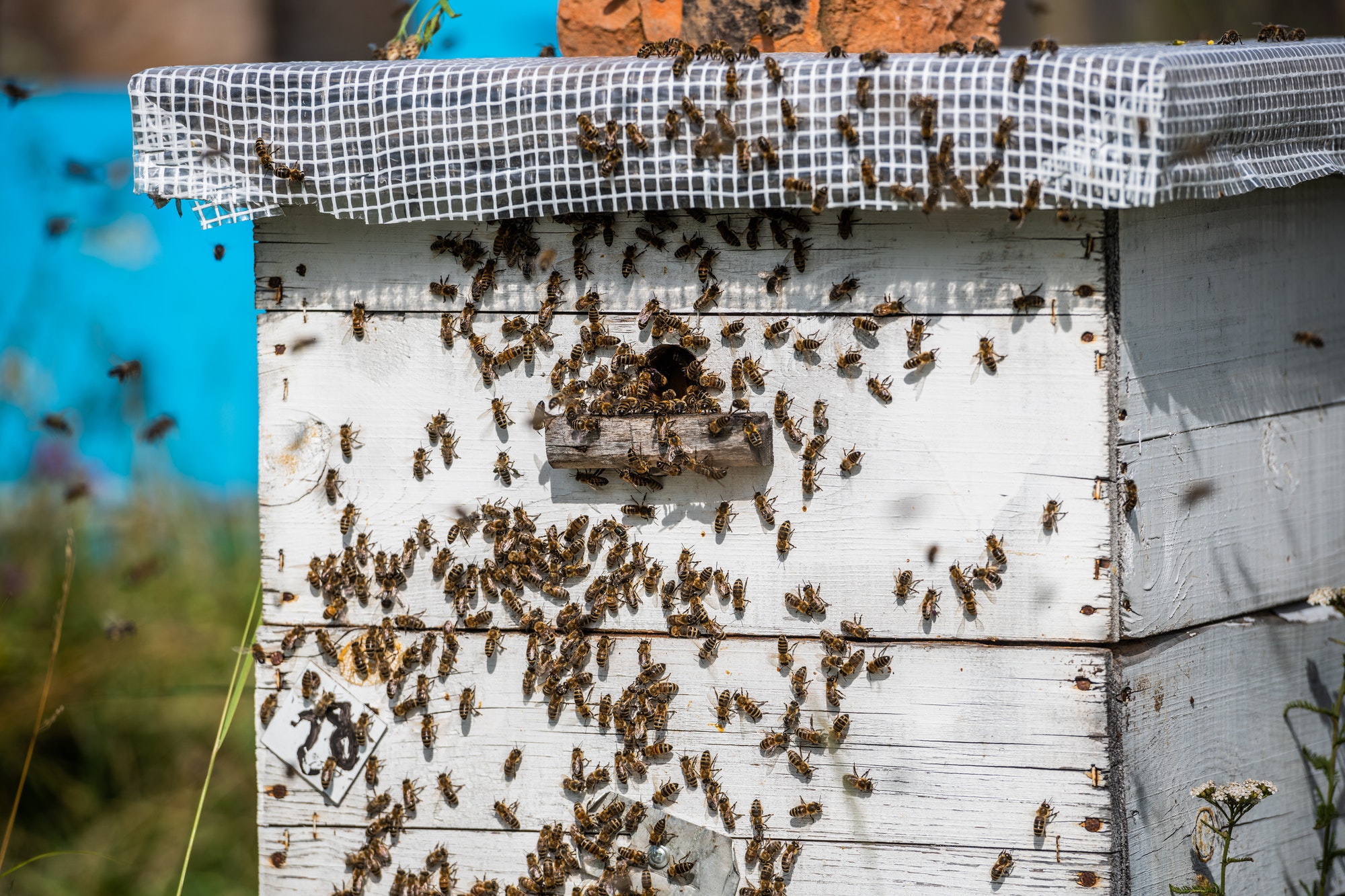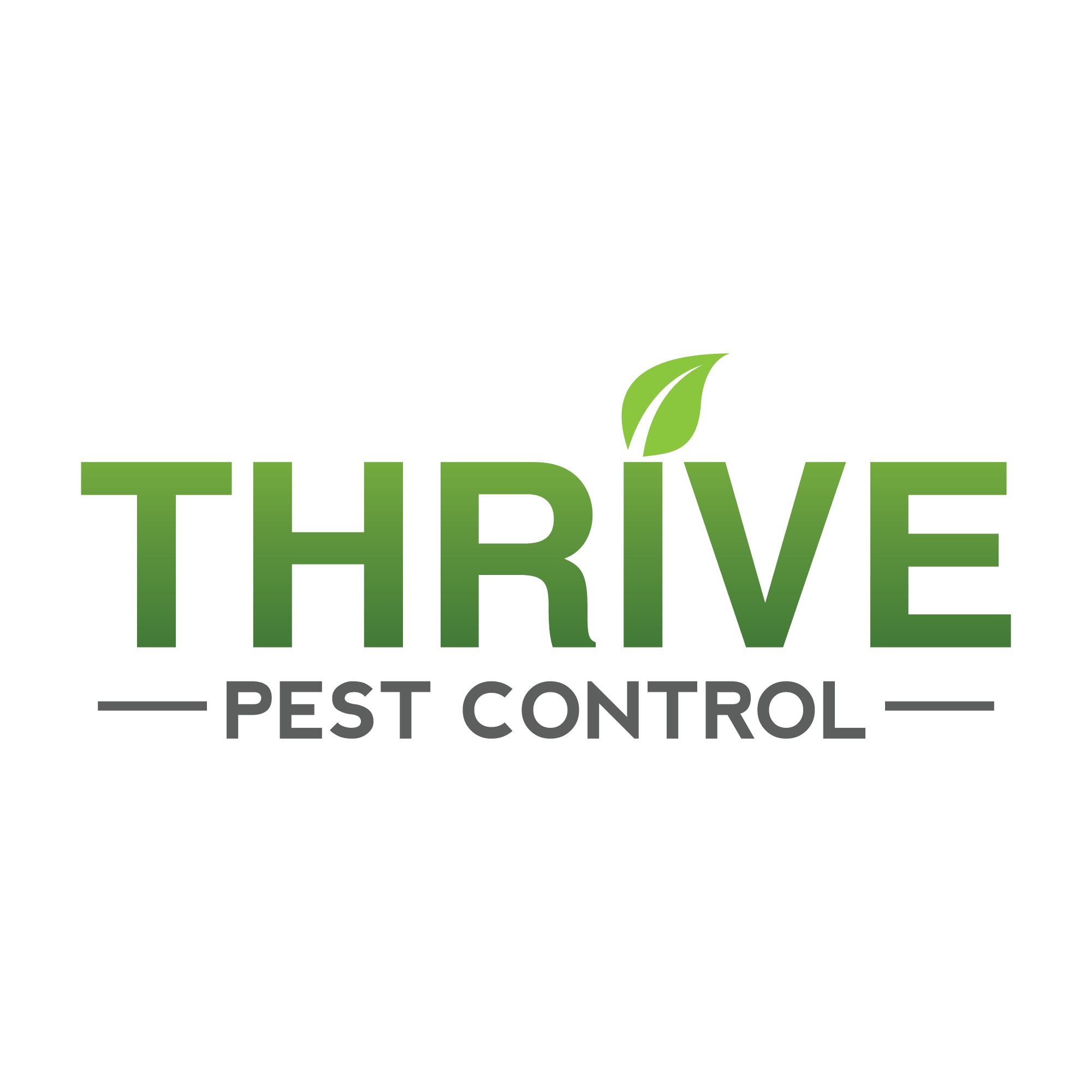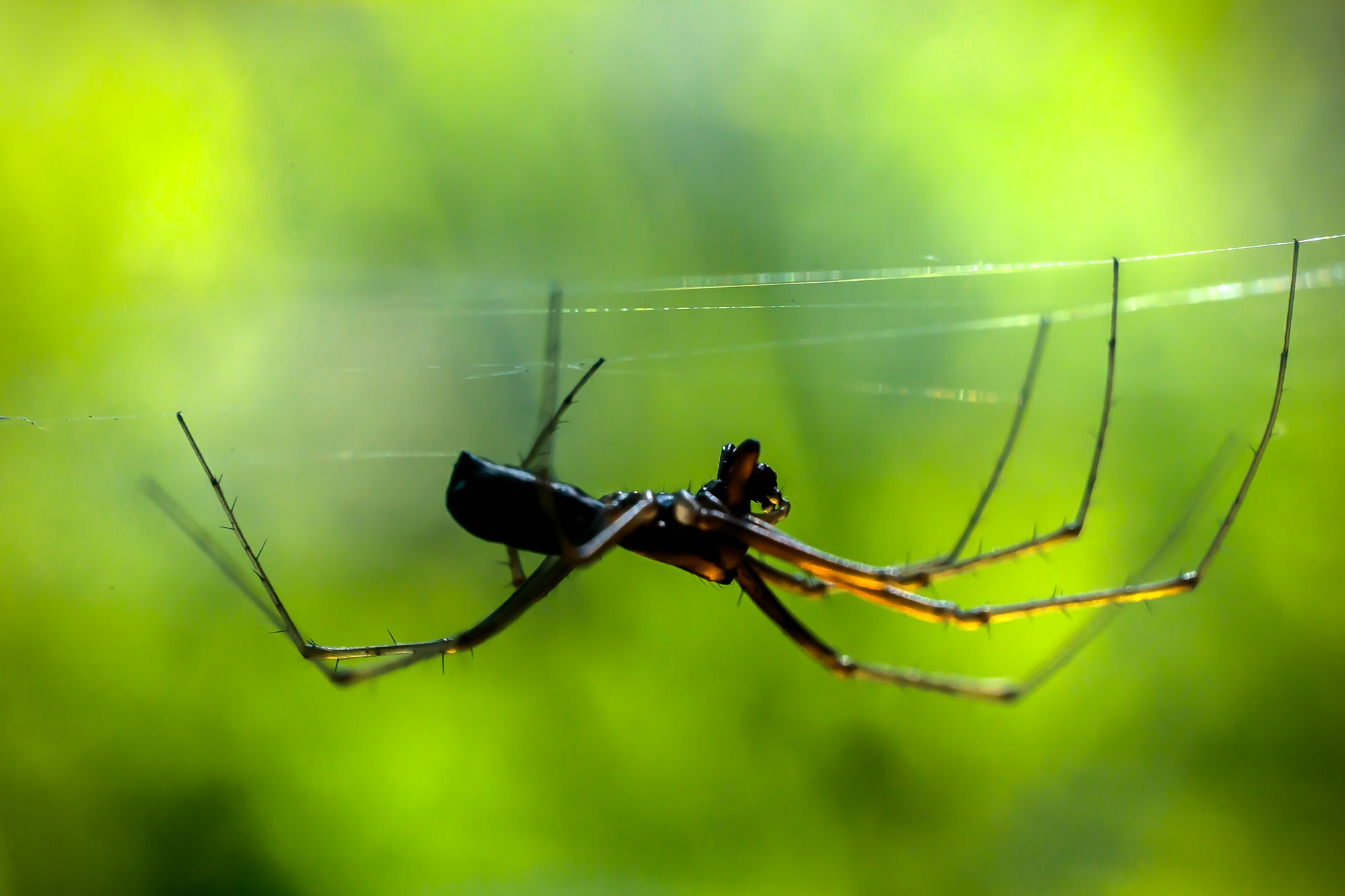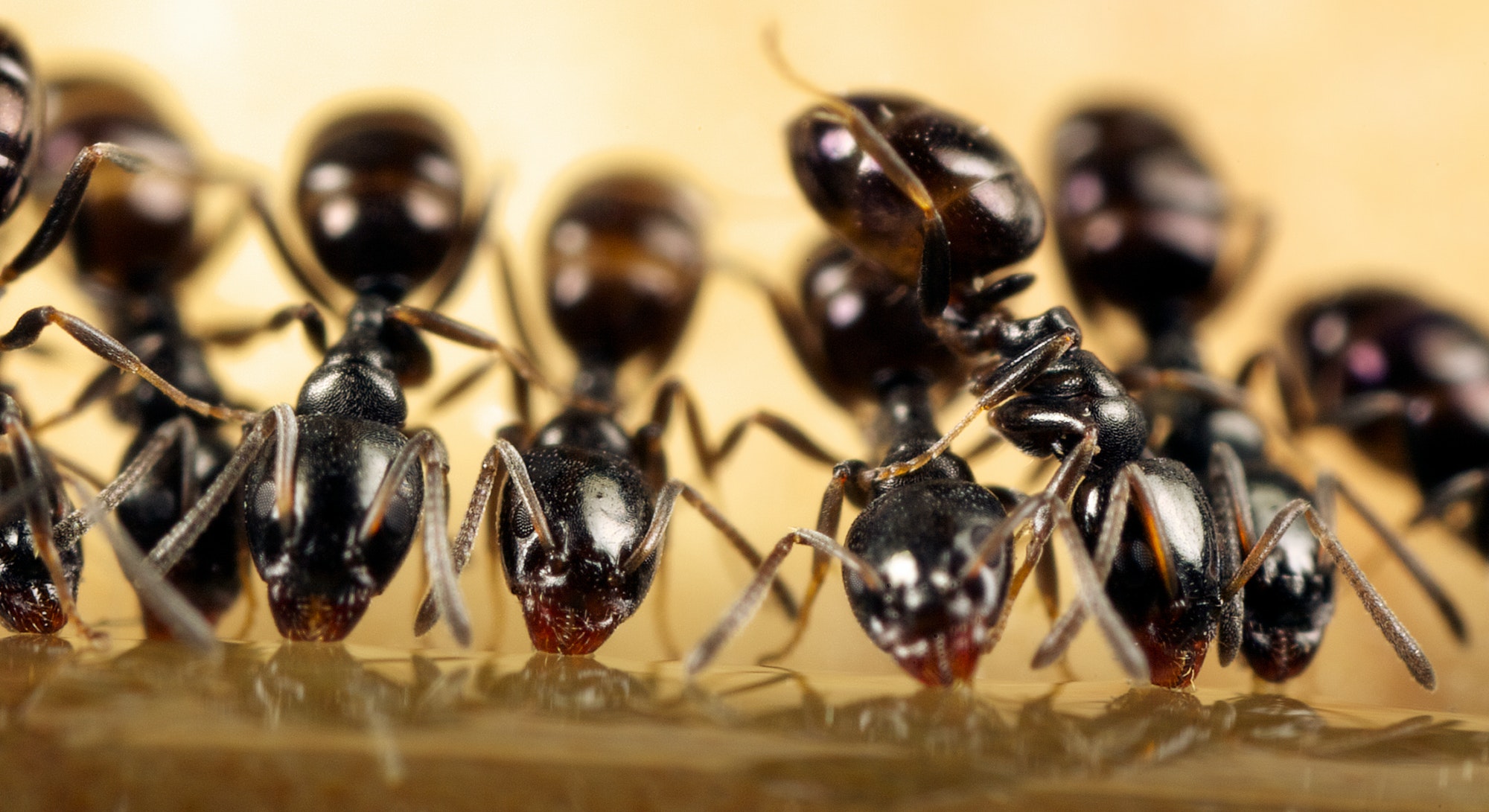Why Bees Are Important For The Ecosystem?
To understand how much we need bees, let us imagine life if bees did not exist. Life would be drastically different. Many plants and animals would die, and life will be less colorful and less exciting. Bees play a major role in the ecosystem as they serve as pollinators to provide food supply, provide environmental services like carbon sequestration, and preserve biodiversity.
Most plants need bees for pollination. Angiosperms, or flowering plants, represent 80% of all plants in the world. These angiosperms reproduce by the transfer of pollen from the male to the female part of the plant. Without pollination, many plants would not ripen seeds. According to “The Bee Book”, 75 percent of the world’s top 100 crop species rely on insect pollination. And most of the pollination work is really done by bees. According to Arkansas pollinators, Honeybees alone perform more than 80 percent of all pollination of cultivated crops.
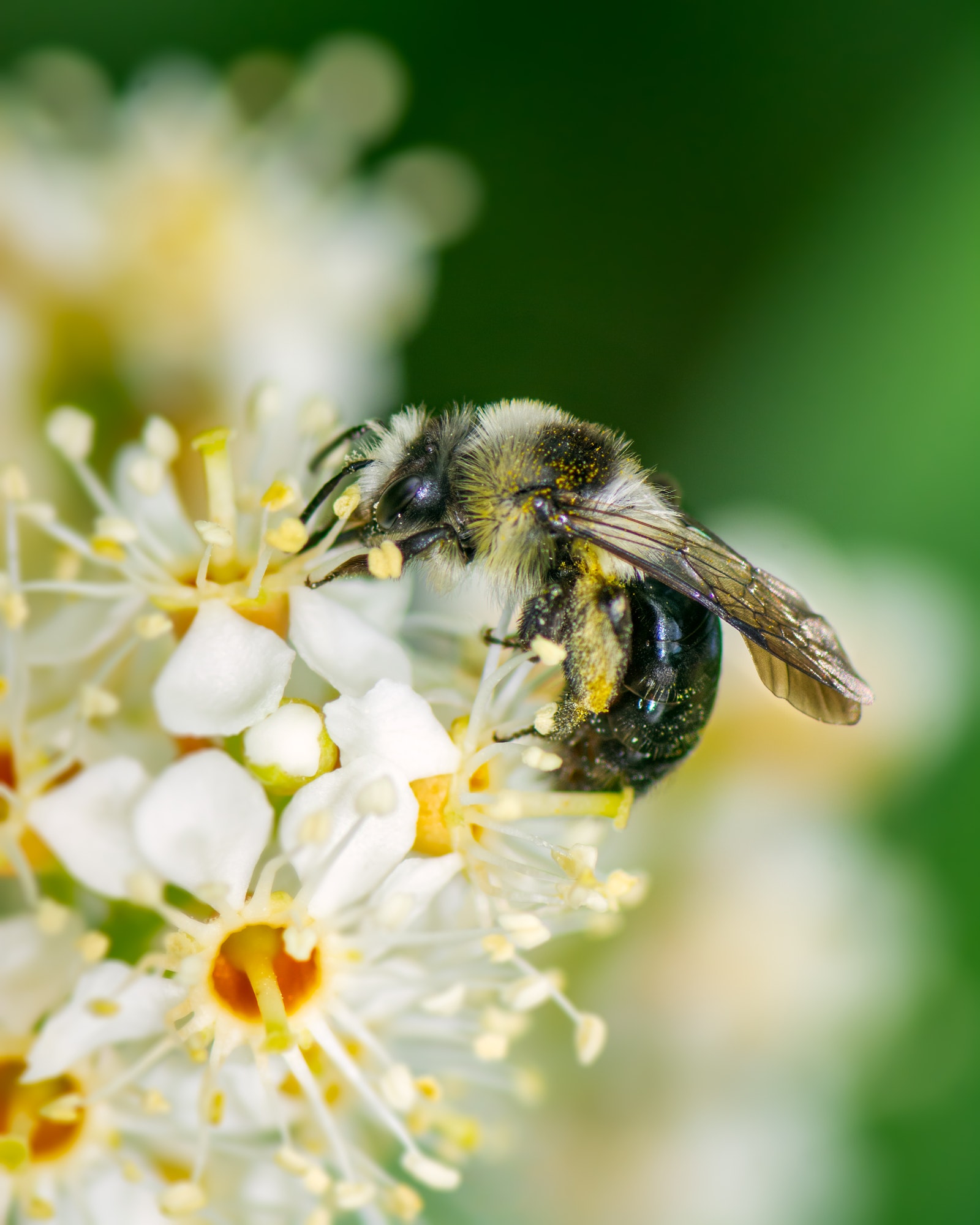
In 2006, a major, unexplained loss of honeybee colonies happened in the United States and many other countries. According to Encyclopedia Britannica, this Colony Collapse Disorder(CCD) caused some operators to lose 50-90 percent of their colonies. CCD was responsible for a pollination crisis and a challenge for the beekeeping industry to meet the demand for pollination services.
Because many plants depend on bees to reproduce, bees are crucial in food supply. Without bees, we would be eating corn, rice, and etc., and we would be deprived of many nutritious foods. Both wild bees and honeybees are responsible for a wide range of foods from seeds and nuts to berries and beans.
Bees provide many free environmental services in an indirect way. For example, they are major contributors in carbon sequestration, or the process of capturing carbon dioxide from the atmosphere. Remember, 80 percent of flowering plants need pollination which is mostly done by bees. Flowering plants and other pollinating, exotic wild plants are responsible for carbon sequestration. They use carbon dioxide from the air through the process of photosynthesis and release carbon dioxide as a byproduct. This process is essential in mitigating global warming and adverse effects of climate change. In addition to carbon sequestration, bees indirectly benefit the ecosystem in many other natural processes including the water cycle and organic matter degradation.
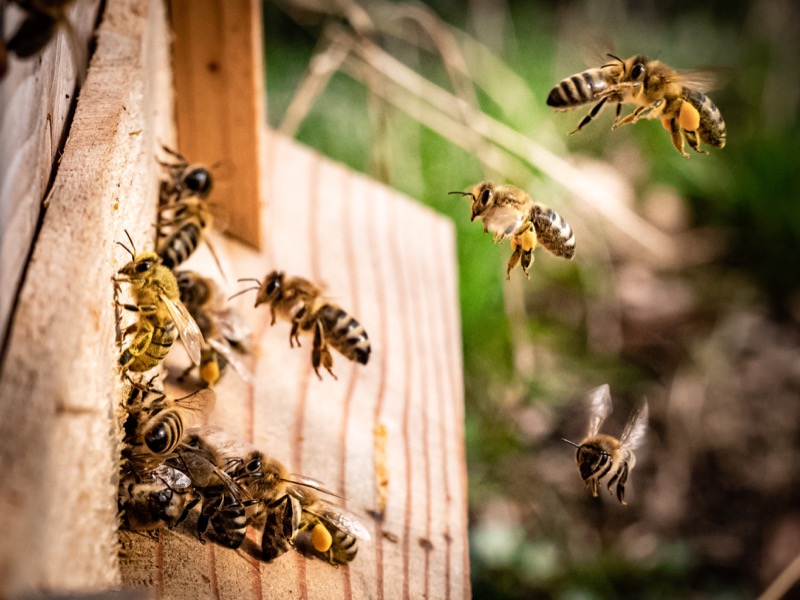
Without bees, life would be a less interesting place. A loss from pollination by bees would cause a great negative impact on biodiversity. As we live in an interconnected ecosystem, bees definitely act as preys and predators in a variety of food chains. Because bees are pollinators, they play a crucial role in many ecosystems and help sustain many endangered species. Tommy Lennartsson, a conservation biology researcher, confirms that Honeybees preserve endangered species like American ginseng, Hawaiian sandalwood, rosy periwinkle, and wild yam. According to Botanist Péter Csontos, the wane of plants that pollinate through insects will be followed by an increase in the plants pollinate through the wind, weakening the natural ecosystems and causing a loss in Biodiversity as a result.
In conclusion, bees are pollinators who play a critical environmental role. By providing pollination, bees play a part in every ecosystem from supporting plants’ growth to supply us with food to providing a variety of significant environmental services and most importantly preserve our planet’s biodiversity.
